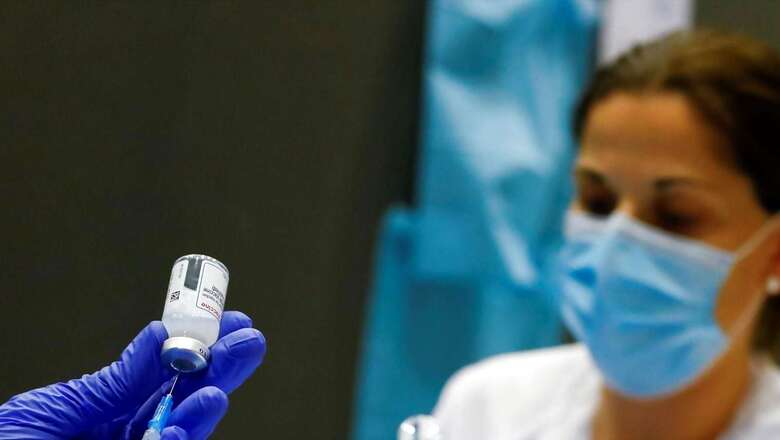
views
“When your house is on fire, you call the fire department not lawyers,” that’s how American scientist Prof. Peter Hotez explained the importance of patent waiver for Covid-19 vaccines. Professor Hotez in an exclusive interview to CNN News-18 said he along with Dr Maria Elena Bottazzi developed Corbevax and kept patents off the table to “help lower- and middle-income countries make this vaccine.”
Developed at the Texas Children’s Hospital and Baylor College of Medicine, Corbevax is based on the same technology used for manufacturing the Hepatitis B vaccine. Dr Bottazzi aid, “Anyone who can manage the production capacity using microbial fermentation technologies, have a prior experience with vaccines such as Hepatitis B, would be suitable for receiving the technology that we created.”
Here’s when partnering with Indian company Biological E comes into play. The Hyderabad-based company has been producing most of the Hepatitis B vaccines for India and the world. The need now is to tweak specifications for Covid-19 and scale up the production.
Prof Hotez said since the technology is familiar with the manufacturers in Bangladesh, Vietnam and Indonesia, it will be easy to ramp up the production, and since the vaccine needs a simple refrigeration, it is easier to export logistically too.
India and South Africa have been seeking one-time patent waiver for the Covid-19 vaccines so that the people of developing and poorer countries could be quickly vaccinated. The two made the proposal at the World Trade Organisation (WTO) in October 2020 but faced resistance from pharma companies and the West. America came around a little later and backed the proposal along with 120 countries but the matter is still under discussion at the WTO.
Though Dr Hotez said while he would have liked to see pharma companies do away with patents for the vaccines but “at the same time I think it’s a little unfair to demonise the pharma companies too much. They have made commitments in the past — to the GAVI alliance to produce vaccines — so it’s not simply a story of good vs evil. It’s more nuanced than that. In our case, we felt that a patent represents a barrier to global access and we decided not to go in that direction.”
Dr Bottazzi has been backing open science for improving the lives of people by eliminating some diseases by the availability of vaccines. She said: “What we need to see in the future is if this vaccine development paradigm — only relying on market or economic driver results — is not sustainable. We need to look at it with a global health perspective and how we can bring solutions that can improve the quality of live and reduce morbidity around the world.”
Professor Hotez praised India’s special gift to the world of providing vaccines for the last two decades. He said India made the commitment to make vaccines for the world, where few others have. He asked, “Which other country had a mission to vaccinate the world? Certainly not the US or the G7 nations and Europe. India has stepped up, not only through the work of BiologicalE, but also what the Serum Institute and Bharat Biotech are doing. This is not true just for the pandemic, this has been going on for the past 20 years.”
Both the scientists say they believe that the only way the Covid-19 pandemic will end is when the world leaders will show the interest to vaccinate the world, especially low-income countries in Africa and Asia. “Omicron was a self-inflicted wound. It would not have happened if we worked closely with African nations to vaccinate them,” said Prof. Hotez. Their mission now is to do just this with Corbevax.
Read all the Latest India News here











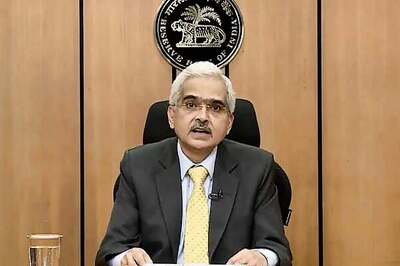
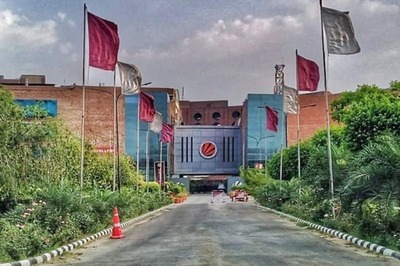
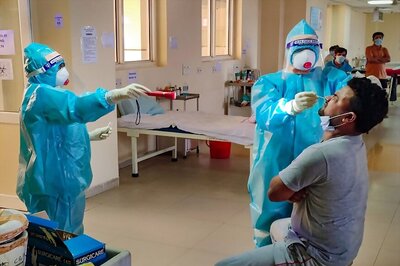

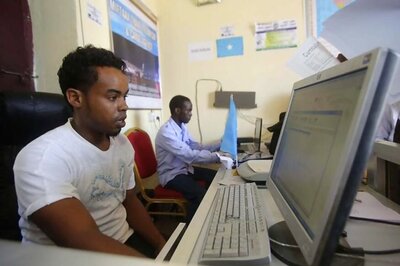
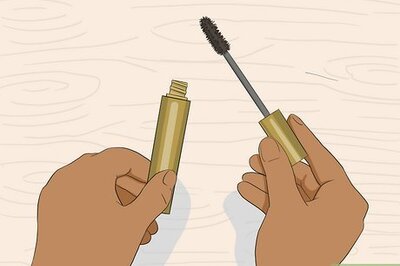


Comments
0 comment